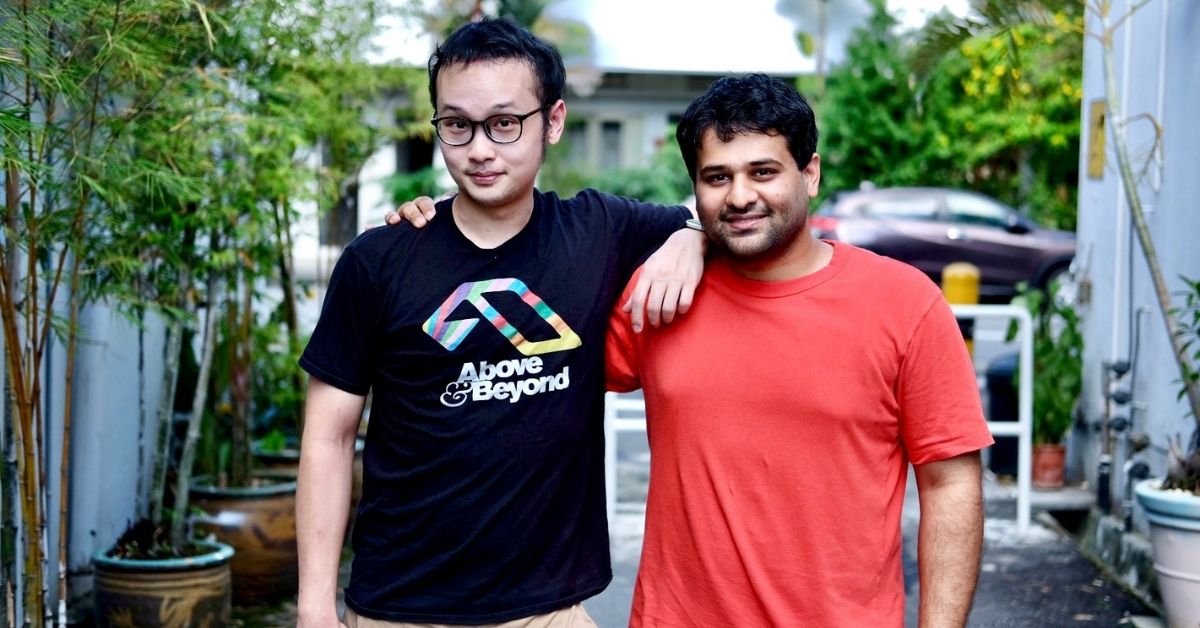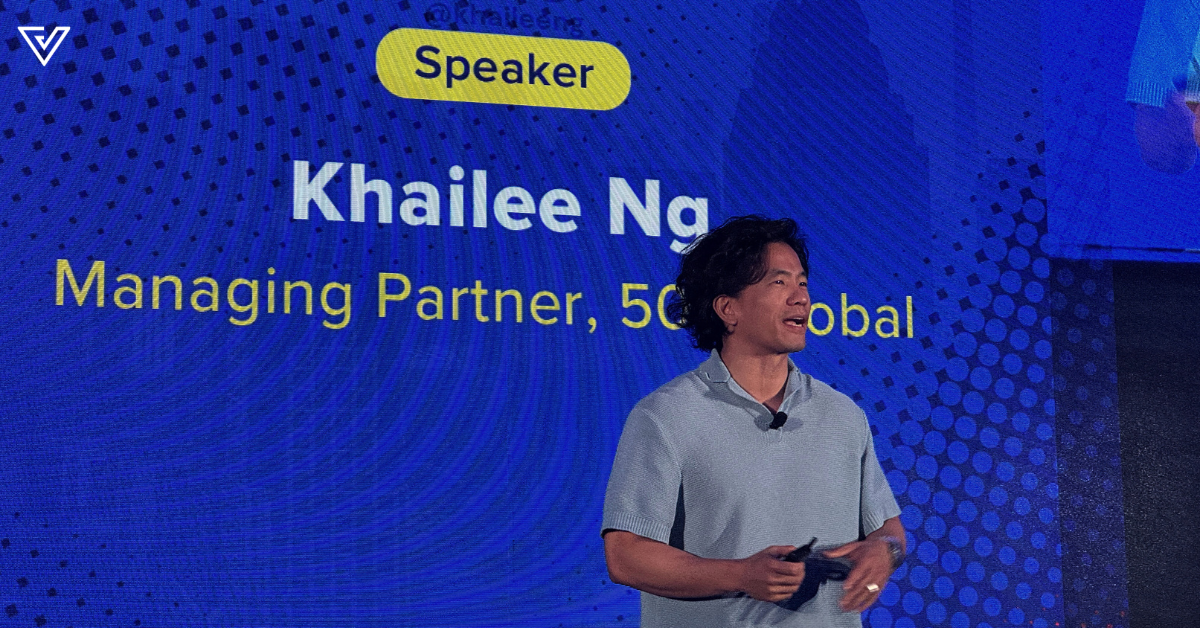Author’s Blurb: Loaning money to my colleagues happens very often for me. After lunch, I would pay the bill first and trust that they’ll pay me back eventually. I tend to accept my payments back in what I call “pre-paid meals” where they basically just cover my bill the next time we go out for lunch together.
It all started when Dylan Tan foolishly (his words) offered up his personal credit card details on Twitter. At the time, Malaysians who lived abroad were rushing to come home for the general elections in May 2018. Flights were expensive and many were struggling to afford them.
“I literally told them to buy their own flight with my credit card and they could pay me back over 3 months,” he said.
And you know what? All of them actually paid him back. That was all the market validation Dylan and his business partner, Vish needed to start Pay With Split (Split).
Buy first, pay later
Split started as a fintech platform where users could book their flights upfront, and pay them back in instalments.
“Fast forward to December 2019, numerous online travel aggregators were offering Split as a payment method to their customers,” said Dylan.
They even had global investors giving them money to scale the company. But then their rapid growth was halted by the pandemic when travel was essentially banned worldwide. Split’s revenues fell flat.
“Vish and I looked at each other and said ‘we’re screwed’, because travel had dried up and Malaysians were now spending on stuff they could buy online to use at home,” he shared.
Having no choice, they hacked out a version of Split in one week that could work on most e-commerce websites.

However, they needed to partner with a Malaysian store who was willing to use Split for their customers. Dylan reached out to a childhood friend in Penang who owns a fitness apparel brand and persuaded him to try Split out.
Though sceptical at first, he still remains one of their merchants today.
The goal of this platform was to allow online stores to offer interest-free instalment payments to customers, even those without a credit card.
Split monetises by charging the store a success fee, which Dylan says is usually under 10% depending on monthly sales from their partner stores.
Dictionary time: A success fee is a compensation structure paid to an investment bank for successfully closing a transaction.
Divestopedia
Here’s how Split works
- At the checkout, customers can choose to pay with Split;
- Split pays the full amount to the store;
- The customer pays Split back in up to 3 monthly instalments using any debit or credit card from any bank.
Split’s instalments are automatically deducted every month like Spotify or Netflix subscriptions. Users also receive reminders via email and phone to ensure that they have enough funds in their selected payment method before their instalment due dates. So, partner stores will get full upfront payments by Split.

This means that Split takes on the risk of collecting the instalments and will absorb the costs if users are unable to pay back.
“I remember once we had a user who had trouble paying off his instalments due to his wife suddenly getting diagnosed with cancer,” Dylan shared.
The customer shared that he started a second job as a COVID-19 swabber to help with the medical bills.
After verifying his claim and checking that his documents were in order, Dylan restructured the customer’s instalments into smaller payments over a longer tenure with no extra charges.
However, in cases of people who abuse the service or act in bad faith, Split has the right to escalate the issue legally.
No paperwork required

“We don’t make money if consumers miss payments so it’s in our interest (pun intended) to promote responsible spending behaviour,” he said.
He added that not everyone who applies to use the service gets approved. Banks usually require lots of paperwork when a person applies for a loan.
Split however, has a software that can predict how likely it is for someone to pay them back on time. This is based on repayment data they’ve collected from their partnered merchants, their own platform, and third parties.
The variables are based on what consumers buy, where they buy from, their location, their behaviour on Split, past purchases, age, and payment methods, for example. He also shared that this information is gathered in the background and not filled in by customers themselves.
To me, this sounds rather invasive as it takes a huge amount of trust in a site to allow them to analyse all this personal data.
However, Dylan explained that anyone who chooses to pay with Split has to consent to giving them their data before payments are processed.
“We make it clear in our payment process what personal information we will be asking for and in the background, we only measure non-personally identifiable information,” he explained.
Dictionary time: Non-Personally Identifiable Information (Non-PII) is data that can’t directly or indirectly identify a person. It’s the opposite of personal data and Personally Identifiable Information (PII).
Piwik
Dylan shared that when Split first started, the team was literally giving out instalment plans to anyone who wanted them.
Counter-intuitively, they needed some people to not pay them back so the software could learn to model future users against them as they scaled the business.
“I like to joke that when we first started we were like Oprah on a Christmas special giving out instalment plans to everyone,” he added.
It will go beyond e-commerce sites
According to Dylan, the buy now, pay later model is already established in the US, Europe and Australia but quite new in Malaysia and across Southeast Asia.
Locally, we have a few other fintech companies with the buy now, pay later model, one of which is Paylater Malaysia, where instalment payments are made by accessing their app.
Split differs itself by being channel-agnostic, meaning that their payment method works beyond e-commerce platforms.
“The platform also works on social media, chat apps, live streams, and email, where many Malaysians run their businesses. Lastly, we don’t charge late fees,” he said.
Since April 2020, the site has achieved more than RM6 million in sales across 150 brands that they’re partnered with.
The team expects to see a bigger growth over the next coming months as Malaysians are still encouraged to stay home and do most of their shopping online.
Bottom line: To me, this model kind of sounds too good to be true, but it’s evident that there are no malicious intentions behind the site. The fact that the brand is willing to hear out the concerns of customers who have trouble financially, it would be interesting to see how they manage such care and empathy towards more customers as they scale.
Featured Image Credit: Dylan Tan, co-founder of Split









